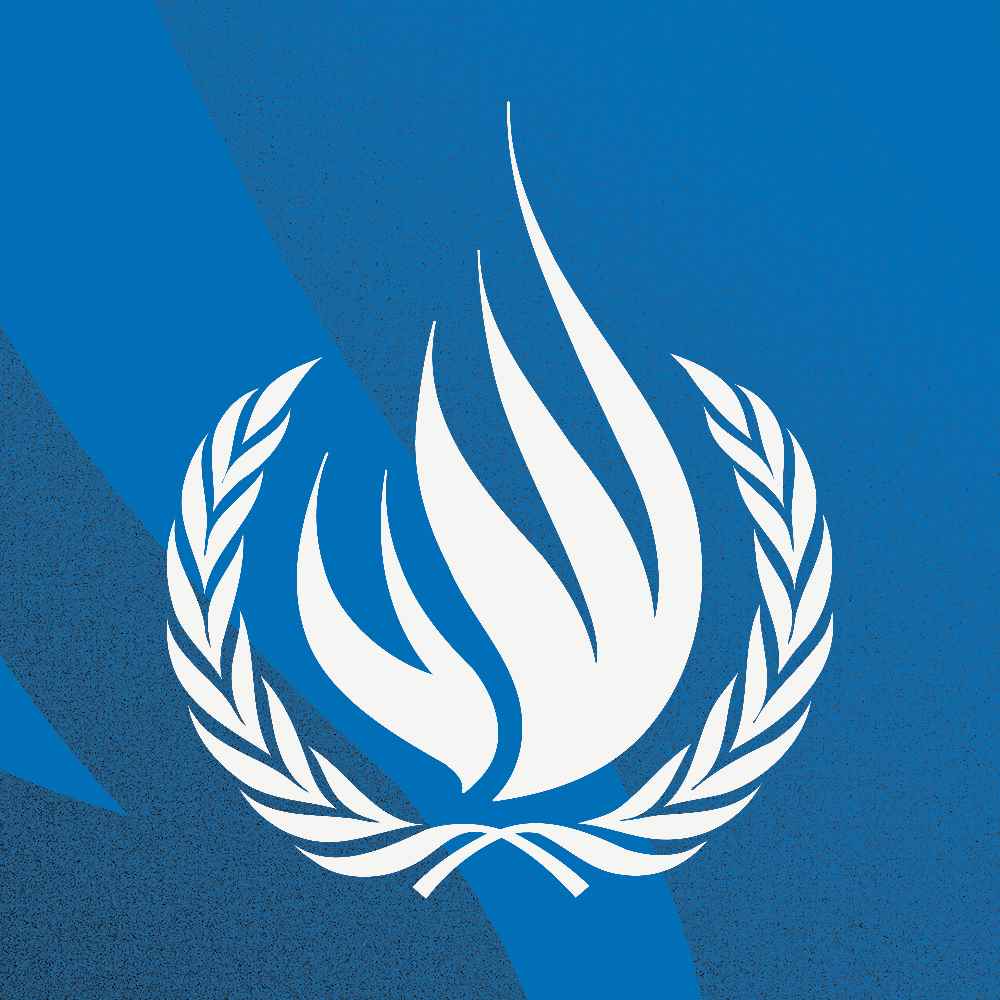
GENEVA (8 June 2021) – UN High Commissioner for Human Rights Michelle Bachelet and Special Adviser of the Secretary-General on Prevention of Genocide Alice Wairimu Nderitu on Tuesday welcomed the decision to uphold the convictions of former Bosnian Serb army commander RatkoMladić on multiple counts of genocide, crimes against humanity and war crimes.
The UN"s International Residual Mechanism for Criminal Tribunals in The Hague on Tuesday rejected an appeal by Mladić against his November 2017 convictions, thereby confirming his responsibility for the crime of genocide in relation to Srebrenica in July 1995, and for crimes against humanity and war crimes committed throughout Bosnia and Herzegovina in the 1990s.
"The Mechanism"s verdict highlights the determination of the international justice system to ensure accountability no matter how long it may take – in Mladić"s case, nearly three decades after he committed his appalling crimes," said Bachelet.
"The decision to uphold Mladić"s convictions by the International Tribunal for the Former Yugoslavia, as well as his sentence of life imprisonment, provides historical certainty and finality for victims and survivors," Nderitu added. "It also sends a hugely important message throughout the Western Balkans where we see genocide denial and the glorification of convicted criminals such as Mladić not only persisting but increasing."
Bachelet and Nderitu urged elected and public officials and media organizations in the region to refrain from revisionist narratives, divisive rhetoric and incitement to hatred, and to systematically condemn any words or actions that exacerbate tensions between communities and between States.
Posters, graffiti, plaques, paraphernalia and other materials glorifying war criminals continue to appear in various towns in Bosnia and Herzegovina, including in Foča where survivors are confronted with a mural portraying Mladić.
"Mladić"s crimes were the abhorrent culmination of hatred stoked for political gain. Today"s decision is about his individual responsibility for his dreadful acts, not about collective punishment or apportioning guilt to any particular community," Bachelet said.
"I urge Governments and elected and public officials to strive for justice for all victims and survivors of the wars in the former Yugoslavia, to assuage – rather than aggravate – the region"s open wounds, and to foster reconciliation and long-lasting peace. Only by honestly addressing the past can a country strive to create an inclusive future and build accountable institutions for all its citizens," the High Commissioner added.
Bachelet and Nderitu also paid homage to the victims of Mladić"s crimes for their perseverance in the pursuit of justice, noting that, while nothing can erase the horrors of the past, the Mechanism"s decision provides some measure of redress.
"Justice alone will not lead to reconciliation, but there can be no real reconciliation without justice," said Nderitu. "For this reason, accountability constitutes an important step on the path towards reconciliation and therefore a critical component of prevention."
ENDS











